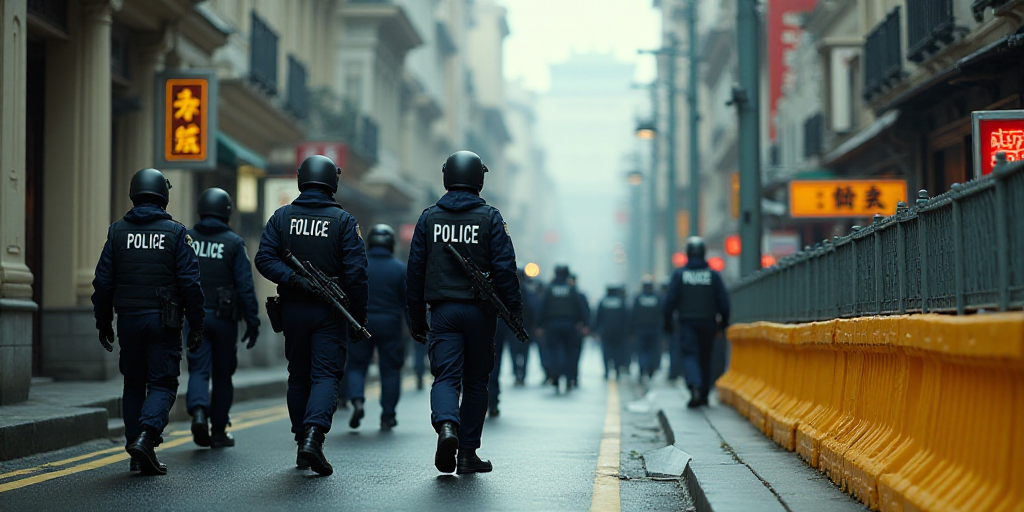Introduction
Sixteen years after the enactment of the General Law of the National Public Security System, state police forces, prosecutors’ offices, and correctional facilities in Mexico are experiencing significant institutional deterioration. This is highlighted by a report titled “An Approach to the State of State Police, Prosecutors, and Penitentiaries,” prepared by Causa en Común, Perteneces e Impunidad Cero.
Institutional Deterioration
The report reveals that almost half of the state police forces lack a professional career system, and their training areas operate with insufficient infrastructure. Moreover, most do not conduct needs assessments for capacity building or document the planning of their academic programs.
Key Findings
- Career Systems: Nearly half of the state police forces lack a professional career system.
- Infrastructure: Training areas operate with insufficient infrastructure.
- Needs Assessments: Most do not conduct needs assessments for capacity building.
- Documentation: Do not document the planning of their academic programs.
Lack of Autonomy in Institutions
The report also highlights the structural weakness of these institutions as a significant factor contributing to insecurity, impunity, and militarization in Mexico.
Police Forces
The study found that the figure of autonomy for state police forces is “a label without substance” due to mechanisms of appointment and removal that still allow executive state interference.
Prosecutors’ Offices
In the case of prosecutors’ offices, the report indicates that autonomy is merely a “label” because executive state interference in appointments and removals persists. Although efforts in capacity building are identified, there are concerning gaps in initial formation and continuous training of personnel.
Prisons
The diagnosis of penitentiary centers reveals a serious lack of technical and budgetary autonomy, as most depend organizationally on state security secretariats. In 22 states, there is no specialized legislation in penitentiary matters, and in 13 states, no correctional facility has international certification.
Key Questions and Answers
- What are the main issues with state police forces? Almost half lack a professional career system, and their training areas operate with insufficient infrastructure. Most do not conduct needs assessments for capacity building or document the planning of their academic programs.
- Why are prosecutors’ offices facing challenges? The figure of autonomy is considered a “label without substance” due to executive state interference in appointments and removals. There are also gaps in initial formation and continuous training of personnel.
- What problems do penitentiary centers face? There is a serious lack of technical and budgetary autonomy, with no specialized legislation in penitentiary matters in 22 states and no international certification for correctional facilities in 13 states.
Relevance of the Report
The report’s authors, Causa en Común, Perteneces e Impunidad Cero, are prominent Mexican organizations working on issues related to security, transparency, and accountability. Their findings shed light on the critical state of Mexico’s public security institutions and the urgent need for reform.
Impact on Society
The deterioration of state police forces, prosecutors’ offices, and penitentiary centers directly impacts public safety and justice in Mexico. The lack of professional career systems, insufficient infrastructure, and executive interference in appointments weaken these institutions’ capacity to provide effective public security services. Moreover, the absence of specialized legislation and international certification in penitentiary matters raises concerns about human rights and the treatment of detainees.






